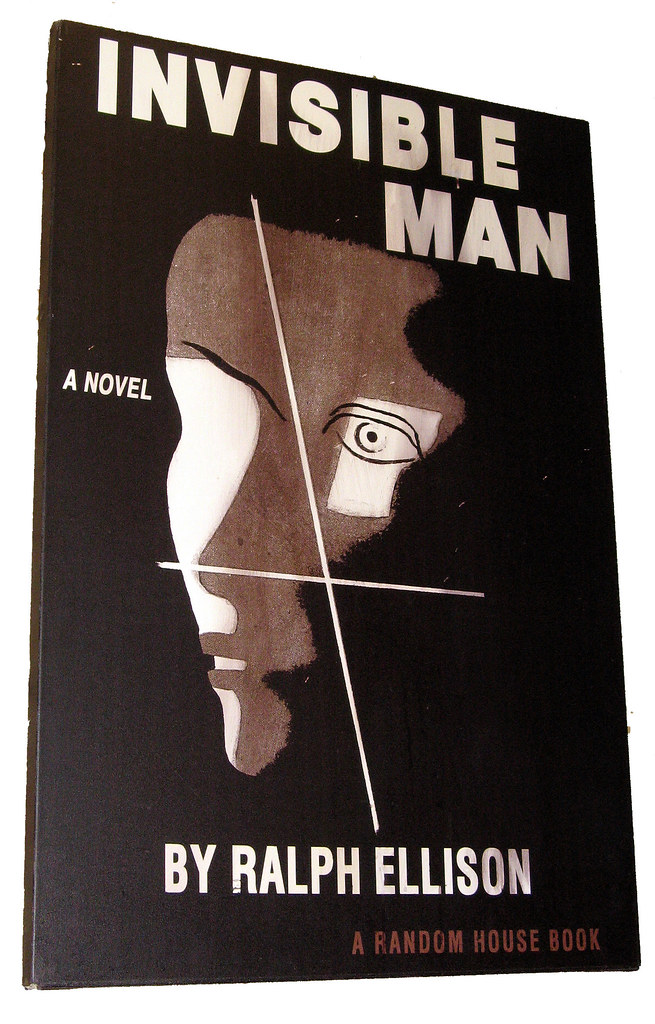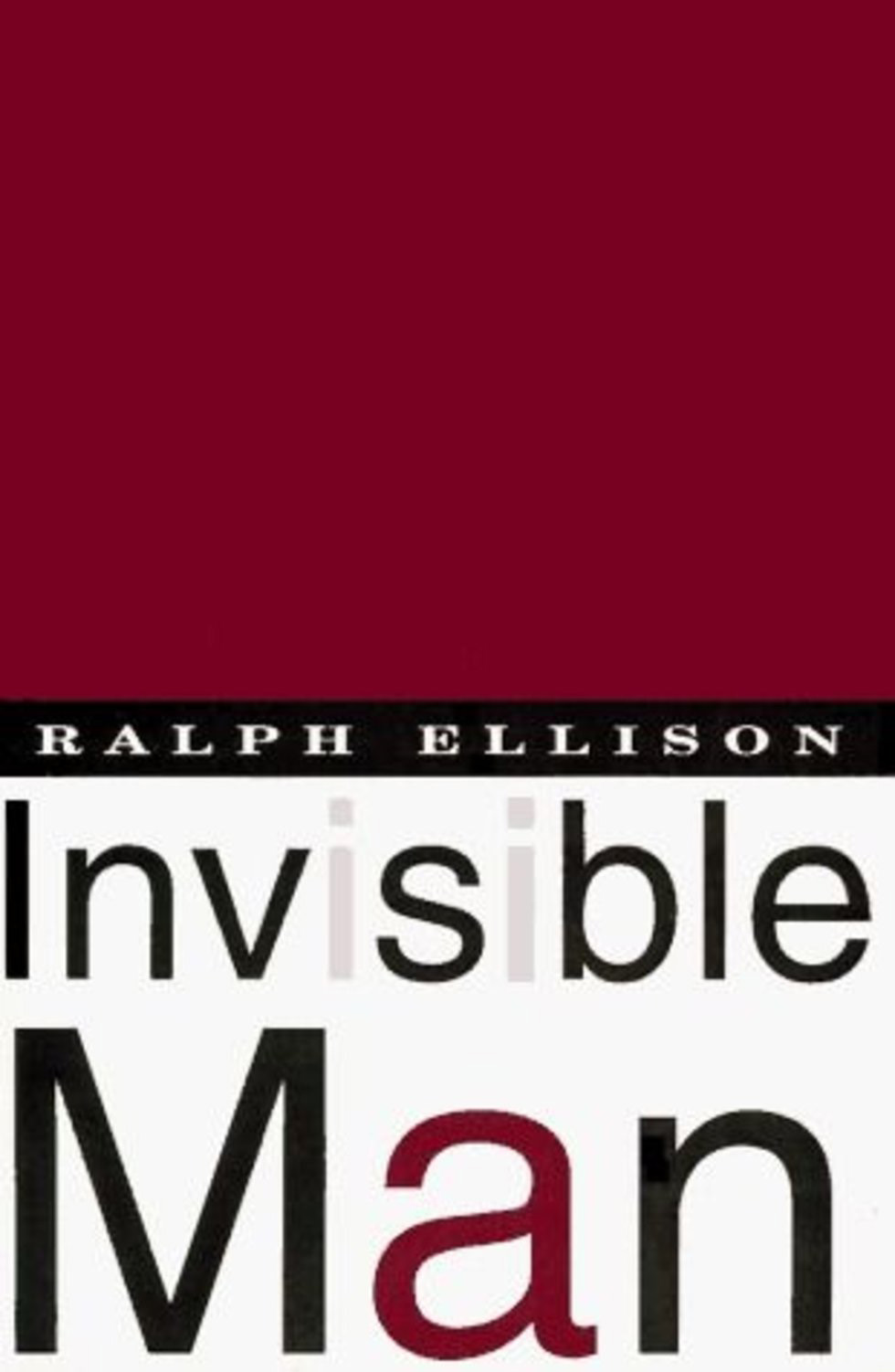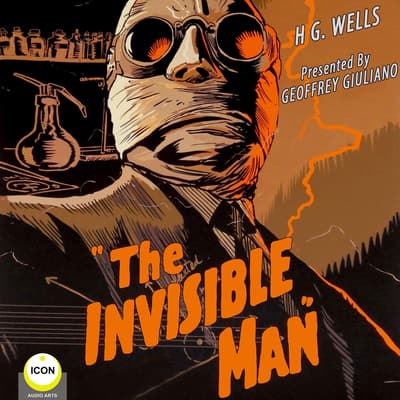

He knew that being invisible would allow him to take what he wanted when he wanted. But, Griffin did not achieve it for the right reasons.įrom the beginning, he wanted to make this discovery to benefit himself personally. Griffin’s discovery-that he can turn himself invisible is truly an incredible accomplishment.

This is perhaps the most important theme of the novel and one that Wells certainly had in mind when he penned it. They work together to find Griffin and ensure he can’t hurt anyone else. The villagers in Iping join together in a way that’s impossible for Griffin, in part due to his invisibility but also due to his narcissistic personality.

He’s lonely but only through his own actions. He struggles to complete everyday tasks and has to further isolate himself to stay out of harm’s way, especially after he starts stealing and destroying property. Griffin completely isolates himself from the rest of the world after he turns himself invisible. Thus the novel can be read not only as a story about a black man’s struggle against racism, but a black man’s struggle to grow up and learn to be himself, against the backdrop of intense social pressures, racism among others.‘ The Invisible Man‘ is not Wells’ best-known novel, but it is one of those that helped solidify his reputation as the “father of science fiction.” The short novel follows Griffin, a destructive, selfish scientist who succeeds in his one goal-to turn himself invisible.

However, he comes to discover that the Brotherhood is perfectly willing to sacrifice him for its own potentially flawed ends. When the narrator first meets Brother Jack, Jack says, “You mustn’t waste your emotions on individuals, they don’t count.” At first, the narrator embraces this ideology of the Brotherhood and structures his identity around it. The Brotherhood provides a systematic way of thinking about the world that claims to be the solution to racism and inequality. However, it is the Brotherhood, a thinly veiled take on the Communist Party, that proves to be most disillusioning for the narrator. This is true for the narrator both at the unnamed black university and at Liberty Paints. Just as poisonous for the narrator are other generalized ways of thinking about identity-ideas that envision him as a cog in a machine instead of a unique individual. However, invisibility doesn’t come from racism alone. Ultimately, the narrator is forced to retreat to his hole, siphoning off the light from the white-owned power company, itself a symbol of an underground resistance that may go unacknowledged for a long time. The narrator recognizes his invisibility slowly-in moments like the hospital machine, when he realizes he is being asked to respond to the question of who he is in terms of his blackness. Ellison implies that if racists really saw their victims, they would not act the way they do. For others in the novel, it is simply convenient to define the narrator through his blackness.Įllison’s narrator explains that the outcome of this is a phenomenon he calls “invisibility”-the idea that he is simply “not seen” by his oppressors. As the narrator states at the novel’s beginning, “All my life I had been looking for something, and everywhere I turned somebody tried to tell me what it was.” It is undoubtedly clear that the narrator’s blackness comprises a large part of his identity, although this isn’t something he has necessarily chosen. Invisible Man is the story of a young man searching for his identity, unsure about where to turn to define himself.


 0 kommentar(er)
0 kommentar(er)
